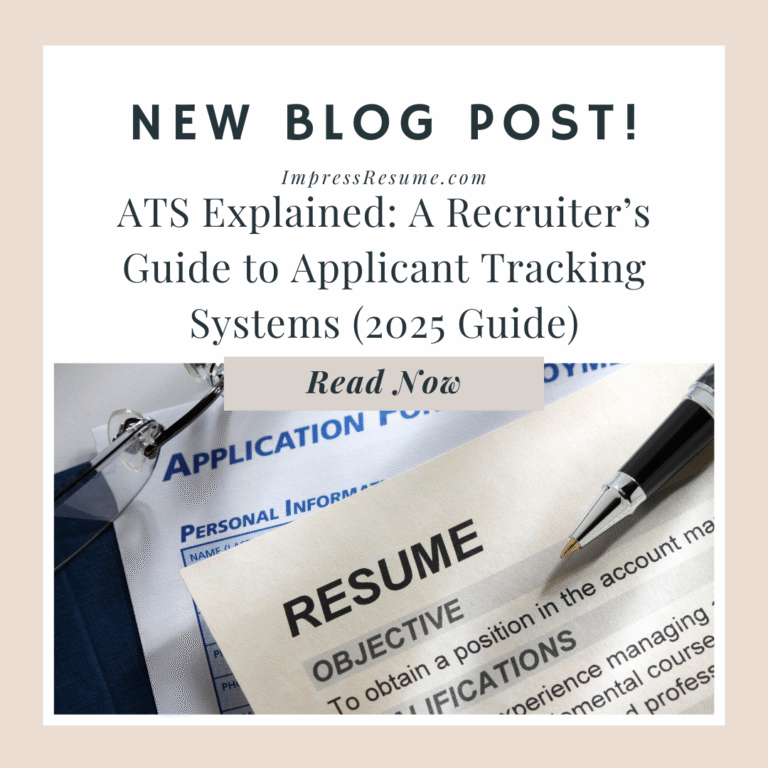Work From Home Scams: How to Spot Them, Avoid Them, and Protect Yourself
The demand for work-from-home jobs is higher than ever—and unfortunately, so are the scams. Scammers prey on job seekers looking for flexibility, quick income, or remote opportunities, often disguising fake jobs as real listings on social media, job boards, and even in emails.
If you’re searching for remote work, it’s absolutely possible to find legitimate opportunities—but you must be able to spot the red flags.
As a recruiter who’s worked with thousands of job seekers, I’m sharing exactly how to identify work-from-home job scams, what to do if you spot one, and where you can find real remote jobs with trusted resources like WFHJobQueen.com and ImpressResume.com.
1. Red Flags That Scream “Work-From-Home Scam”
Not sure if a job is too good to be true? Watch for these warning signs:
A. You’re Offered the Job Immediately—No Interview Needed
Legitimate employers will always interview you before making an offer. If someone “hires” you via text or email within minutes, it’s a scam.
B. They Ask for Money Upfront
No real job will ask you to pay for training, equipment, or background checks before hiring you. Scammers often disguise this as “processing fees” or “starter kits.”
C. Suspicious Email Addresses or Messaging Apps
If the email is from a generic Gmail or Yahoo account—or you’re asked to interview on Telegram, Signal, or WhatsApp—it’s likely a scam.
D. The Pay Sounds Unrealistic
If a posting offers $70/hour for data entry with no experience needed, it’s likely fake. High pay with low effort is a major red flag.
E. Poor Grammar and Vague Job Descriptions
Scam job listings often have spelling errors, unclear duties, and a lack of company detail.
2. What to Do If You Spot a Scam Posting
If you find a suspicious work-from-home job, take action to protect yourself and others.
A. Don’t Respond or Share Personal Information
Never send your Social Security number, banking info, or ID documents to a company you haven’t vetted.
B. Report It Immediately
- Report to the job board (Indeed, Facebook, LinkedIn)
- File a report with the FTC (reportfraud.ftc.gov)
- Let scam-aware communities like WFHJobQueen.com know—they specialize in real remote jobs and help expose scams
C. Warn Others
Sharing your experience can protect someone else from falling for the same scam.
3. Where to Find Legitimate Work-From-Home Jobs
If you’re ready to find a real remote job, use trusted sources:
✅ WFHJobQueen.com
An excellent site for daily job leads focused entirely on legit, remote opportunities. Their team screens each post, so you’re not wasting time sorting through scams.
✅ ImpressResume.com
Once you find a job you’re excited about, you’ll need a resume that’s ready to stand out and beat the ATS. Impress Resume offers budget-friendly, recruiter-designed resume templates that are clean, professional, and easy to edit for any remote job application.
Each bundle includes:
- ATS-friendly resume template for Word and Pages
- Matching cover letter and reference page
- Writing and editing guide written by a recruiter
4. Tips to Protect Yourself Moving Forward
- Always research the company’s website, LinkedIn, and reviews before applying
- Never send sensitive information to an unsecured email
- Don’t deposit checks from unknown employers—common scam tactic
- Be cautious with unsolicited job offers via email or social media
- Trust your gut—if something feels off, it probably is
Final Thoughts from a Recruiter
Finding a work-from-home job shouldn’t put you at risk—but the reality is, scammers are getting bolder. The best way to protect yourself is to stay informed, stay cautious, and use trusted resources.
Stick with verified job boards like WFHJobQueen.com for legit work-from-home roles, and use ImpressResume.com to make sure your application is strong, polished, and ATS-ready.
You deserve a real opportunity. Don’t let scammers waste your time—or your trust.







